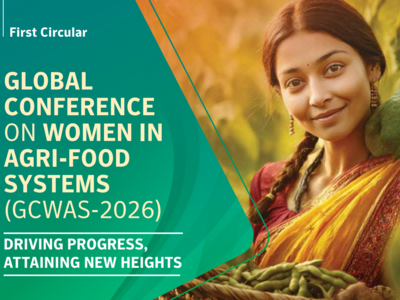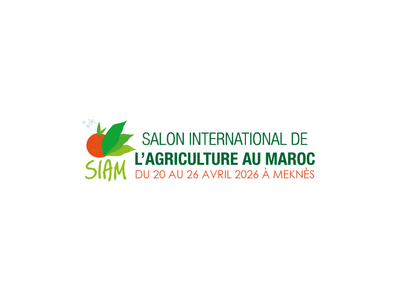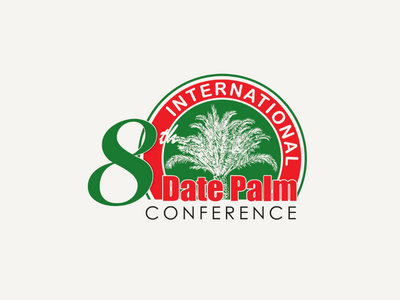Workshop on Novel Research Dimensions in Modeling Climate Change Impacts in Agriculture
 The participants brainstormed on issues associated with modelling of crop growth process (in particular wheat) under various limiting factors such as weather, soil, management and water in a climate change scenario to strengthen the in-house modelling capacities and also to develop future projects.
The participants brainstormed on issues associated with modelling of crop growth process (in particular wheat) under various limiting factors such as weather, soil, management and water in a climate change scenario to strengthen the in-house modelling capacities and also to develop future projects.
The workshop was chaired by Prof. Senthold Asseng a renowned crop modeller from University of Florida and co-leader of the Agricultural Model Intercomparison and Improvement Project (AgMIP) network. He is the Director of the Florida Climate Institute and elected Chair of the Expert Working Group (now a program) Plant and Crop Modeling of the international Wheat Initiative.
- "Africa imports every year 40 million tons of wheat. The main import is from Russia"
- "Our models predict that there will be a 6% decline in global wheat production for each degree in global warming"
- "In 2010 Egypt lost 1,5 tons of wheat production out of the 10 million tons produced or a 16% drop due to a warmer season."
- "In 2016 France - as the 5th world producer of wheat - had a 32 % drop with a production of 12 million tons of wheat."
- "The combination of a warmer early winter and intensive rainfall during key crop growing stages leads to increased disease pressure, water logging, nutrient leaching and lower solar radiation."

- "Seasonal forecast research is very promising in dry areas where there is a great weather variability. Simulating the weather for the coming 6 to 9 months is like making money on a roulette game where 80% are red numbers. Seasonal forecasts need to be 80% reliable to be useful"
- "If you have more dry seasons you better get the few wet seasons right"
The workshop identified the research gaps, challenges, pitfalls and opportunities within the MENA (Middle East and North Africa) context and in collaboration with AgMIP. The participants discussed various modelling options and identify funding opportunities within the region and globally and identify prospective partners and modelling platforms.
-
Introducing ICARDA and the DryArc Initiative, Jacques Wery ICARDA Deputy Director General - Research
-
Climate change impact and adaptation on the production of wheat. Senthold Asseng Professor at the Agricultural and Biological Engineering Department of the University of Florida. (see presentation and video interview below)
-
Modeling wheat yield, water productivity and nutrition using new high yielding cultivars and irrigation management strategies in Egypt. Ahmed Kheir Agricultural Research Center (ARC, Egypt), Soil, Water and Environment Research Institute
-
Improving and Upscaling WUE in agriculture the Nile Delta: Raised Bed Technology and ET-based Irrigation Scheduling, A.Swalem ICARDA Senior Scientist - Irrigation and Water Management
-
Bio-economic modelling at ICARDA, Y. A. Yigezu ICARDA Senior Agricultural Economist
-
Digital Augmentation for Accelerating Sustainable Intensification, C.Biradar ICARDA Geoinformatics and Research Data Management
-
Climate change in the DryArc and its implications on Agroecosystems A.Govind ICARDA Climatologist
Climate change impact and adaptation in wheat. Presentation by by Dr. Senthold Asseng,
ICARDA video interview
Dr. Senthold Asseng, answers following questions: (partial transcription)
- What is the Agricultural Model Intercomparison and Improvement project (AgMIP)?
AgMIP - brings together thousand researchers, modelers and experimentalists around the globe - How could barley and lentil crop modeling be integrated in the AgMIP research community?
Some of the crops like barley and lentils have no teams yet. It would be very important to find a leader together with AgMIT who could motivate the community of whoever has barley and lentil crop models to collaborate. I would encourage ICARDA to take up such role. - Can climate change be used for farmers' decisions in rainfed dryland systems?
If we get longer period of drought we better get prepared for that. We can help farmers to prepare for taking decisions and the changes which will come with climate change: for example to change crops or alter the management of fertilizers - How can we convince donors to support research on seasonal forecasting in dry land areas?
Seasonal forecast research is very promising fo dry areas where there is great weather variability. We have to give the farmer the tools to recognize the good seasons to get most out of them. And we need to be prepared for the poor seasons and not waste limited resources. Seasonal forecast will help the farmer in the future to cope with even increased seasonal variability.
Background DryArc
ICARDA is currently elaborating a new large-scale initiative – the DryArc – in collaboration with five other CGIAR centers which is founded on the DryArc Interface;
-
Two of the CGIAR Centers were created specifically to work on the agriculture of the dry areas, ICARDA with a focus on the West Africa, North Africa region (WANA) and ICRISAT on the semi-arid tropics of South Asia and Sub-Saharan Africa;
-
The participating CGIAR Centers, ICARDA, ICRISAT, IFPRI, IWMI and World Fish have developed a proposal for a Proof of Concept for the New CGIAR Interface to support research and development investments in the global dry and based on current technologies for scaling;
-
A prototype of the DryArc Interface will be implemented as proof of concept phase (2019-2021), during which it will be tested through its application to key thematic areas of particular relevance for the DryArc region stretching from Middle East, North Africa, Central Asia and Sub-Saharan Africa. By the end of 2021, the Initiative will serve as a means to support, informing research and development investments in the DryArc region as a part of the subsequent 2022-2030 CGIAR Business Plan.




